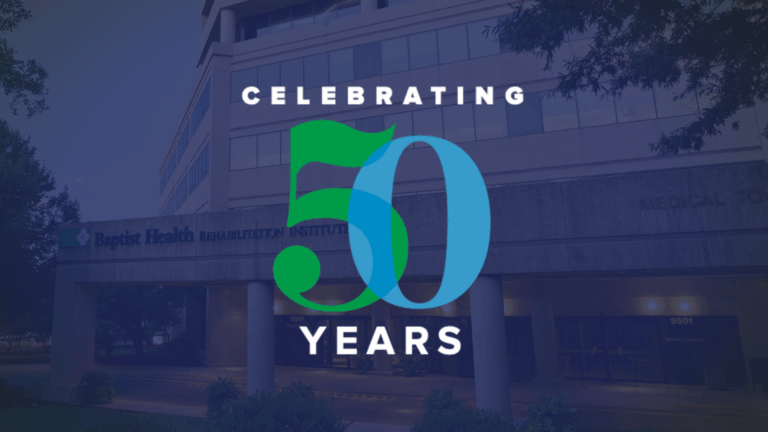Parkinson’s is a slowly-progressing, degenerative disease of motor system disorders. About 60,000 Americans are newly diagnosed with Parkinson’s disease each year.
The specific cause of Parkinson’s is unknown; however, medical experts believe the symptoms are related to a chemical imbalance in the brain caused by brain-cell death. The biggest risk factor for developing Parkinson’s disease is advancing age. The average age for the onset of Parkinson’s is 60 years. In addition, 50 percent more men are affected than women, according to the National Institute of Neurological Disorders and Stroke.
Symptoms
- Muscle rigidity
Stiffness when the arm, leg or neck is moved back and forth - Resting tremor
An involuntary movement from contracting muscles that is most prominent at rest - Bradykinesia
Slowness in initiating movement - Postural instability
Poor posture and balance that may cause falls; gait or balance problems
Treatments
With today’s medicine, we have yet to find a cure for Parkinson’s disease. However, based on the severity of the symptoms and medical profile, the physician will establish an appropriate treatment protocol that may include medication, surgery and supportive therapies, such as diet, exercise, physical therapy, occupational therapy and speech therapy.




